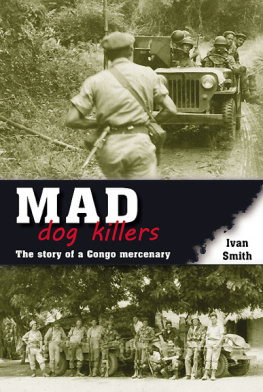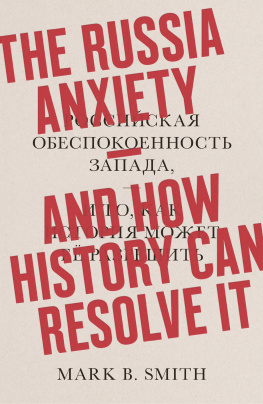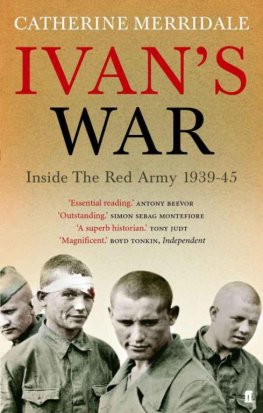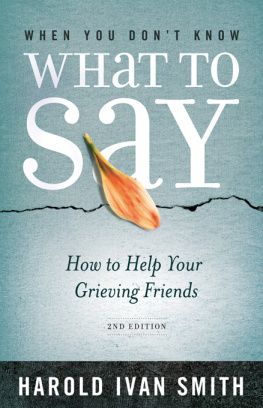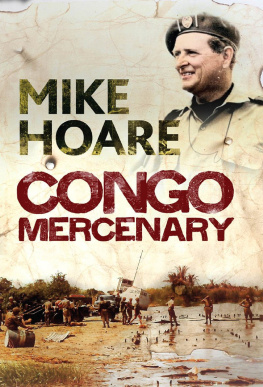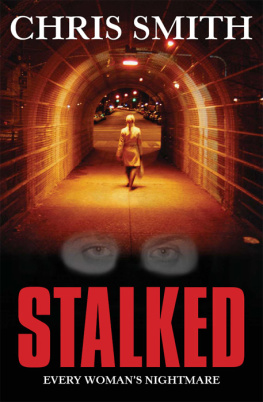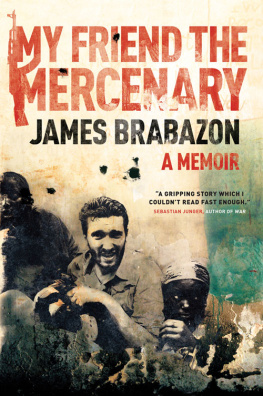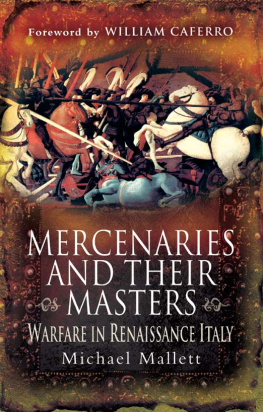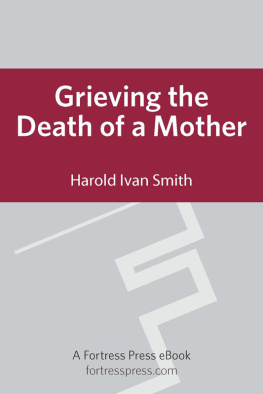
Co-published in 2012 by:
Helion & Company Limited
26 Willow Road
Solihull
West Midlands
B91 1UE
England
Tel. 0121 705 3393
Fax 0121 711 4075
email:
website: www.helion.co.uk
and
30 South Publishers (Pty) Ltd.
16 Ivy Road
Pinetown 3610
South Africa
email:
website: www.30degreessouth.co.za
Designed and typeset by Farr Out Publications, Wokingham, Berkshire, England
Cover design by 30 South Publishers (Pty) Ltd., South Africa
Printed in the UK by Henry Ling Ltd, Dorchester, Dorset and in South Africa by
Pinetown Printers (Pty) Ltd, Pinetown, KwaZulu-Natal
Text copyright Ivan Smith 2012
Photographs as individually credited
ISBN 978-1-920143-51-0 (South Africa)
ISBN 978-1-907677-78-6 (UK)
EPUB ISBN: 9781908916884
British Library Cataloguing-in-Publication Data
A catalogue record for this book is available from the British Library
All rights reserved. No part of this publication may be reproduced, stored, manipulated
in any retrieval system, or transmitted in any mechanical, electronic form or by any other
means, without the prior written authority of the publishers, except for short extracts
in media reviews. Any person who engages in any unauthorized activity in relation to
this publication shall be liable to criminal prosecution and claims for civil and criminal
damages.
Contents
List of Illustrations
Introduction
T his memoire is a record of a personal experience in the Congo as a volunteer in the Arme Nationale Congolaise as a mercenary. It is a brief record of a few months in the life of a young and cocky youth who believed he was afraid of nothing, but soon learnt all about fear. All young men are fearless until they meet death measuring them up close. Fear came early in the six-month contract, and overstayed its welcome. What my fellow mercenaries saw, and felt, can only be guessed at and so is not touched on in this memoire. When guns are being fired in anger detailed memory suffers, as the mind is fully occupied with more immediate things than remembering, so some detail is missing.
The events of that summer of 1964 still haunt my waking dreams today. In the crowded, electronic modern world the events described will seem abnormal, not everyday happenings and certainly not in the general experience of ordinary men today. Life as a combat soldier is increasingly remote from the ken of most, certainly in those countries where there is any law and order. In remote times like those of the Roman Caesars, say, almost all men had firsthand experience of war. Today, war, when it occurs, is short lived and is fought by a minute section of the population and normal citizens have only a slight idea of the reality of war. Killing other men is no longer in the ambit of normal, civilized life.
Mercenary. There is a lot of myth and legend clouding the concept of a mercenary. In most men there is an underlying basic instinct to hunt and kill, but in todays city life that instinct has been deeply suppressed. Some fortunate are able to arrange to hunt animals but very few hire themselves out to hunt man, the ultimate prey. My own transformation from farm boy to a bloody-handed hired soldier came about courtesy of the environment and times I was born to. Central Africa some sixty years ago was not the same as today. All living things are shaped by the environment into which they emerge and that environment changes yearly. But the essential, basic core of man never changes; the inner flame does not interact with time and circumstance, does not age like the body or mind. The inner flame is not of this world and is untouched by the elements.
That long ago summer I and my companions were nominally soldiers but there is little mention of tactics, campaigns and deployments. Of conventional warfare there was none; 5 Commando Group was nominally a military unit, but military order was very lax or totally missing. Loyalty to country or unit did not exist. With no loyalty to the unit and fear of death the only commander, it was necessary to have a few close friends for mutual support. That small group was where the only loyalty lay, each caring for the life of his mates as though they were also his own insurance. Many were shot by fellow soldiers, usually in drunken arguments. I was present at some of these incidents and heard about others. Some were killed by fellow soldiers during a firefight with the enemy; a bullet in the back during a firefight solicited no questions. The only law was the small, tight-knit group. During the six months contract I served, more mercenaries died by the hand of fellow soldiers, or in misfortunes such as accidental discharges, than were killed in action against the Simba rebels.
The reader will find very little about the politics of the Congo at that time. The situation in that troubled country changed almost weekly. Even today the rule of the warlord remains in most of the Congo. There was no blanket cover by news media in those few short days to keep us informed of the political events in the country. The only news we got in the field came over the bush telegraph and normally only long after an event happened. The mercenaries could not read the ever-present talking drums which were the local equivalent of news media, and so, were in the dark while the local tribesmen knew the latest news. Except for a brief time under colonialism, the law in Africa has always been the law of the strong. The man who commands the strongest army is the ruler; what the strongest man decrees is the law. The self established ruler owns the country and all in it. The Congo had a few brief years of experimental democracy after the Belgians left. It did not take long before warlords rose, as they flourish where there is little infrastructure and order, and where there is no central Government, it is tribe versus tribe.
Early in the independence from Belgium Mobutu took total control of the army; the only faction armed with modern weapons was that army, and Mobutu soon made himself president for life. For four or more decades he looted the country whose resources he treated as his own, just as King Leopold of Belgium had. The Congo was their personal property. Mobutu kept a tight grip into old age when he was overthrown by Kabila (senior), a warlord from the north, with the help of Ugandan fighters. Kabila was murdered in a palace coup; his son took over. To this day intermittent rebellion simmers, and big areas are controlled by brutal warlords and their rapacious gangs. The Congo is a vast country and has virtually no infrastructure; what roads there once were are mostly gone. The Government has control in the bigger cities, which are fast crumbling. In the forest oceans tribal chiefs reign and go to war as they have done for centuries. The state of ninety per cent of the country is as it was found by Europeans two hundred years ago. Recent media reports say between 2005 and 2011, 200,000 have been killed and 20,000 women are raped each year in intermittent warfare in the Congo.
By 1964 the country had been under black rule for only three or four years, but already the infrastructure everywhere was collapsing. The railways had stopped running, the tarred roads were so rutted as to be unusable and the dirt roads were almost impassable; the only hospitals that still had doctors or medicines were those run by missionaries. The towns showed all the signs of slow decay; mountains of uncollected household rubbish, houses in once well-off suburbs looted and skeletal. There are very few cities anywhere in Africa where the buildings have been maintained in any way since the hated Euroepans left. The African decay which covers most of the continent goes back to the 1950s winds of change but in some older cities, such as Mombasa, the decay goes back many more years to the days when the Arabs and other alien rulers left.
Next page
